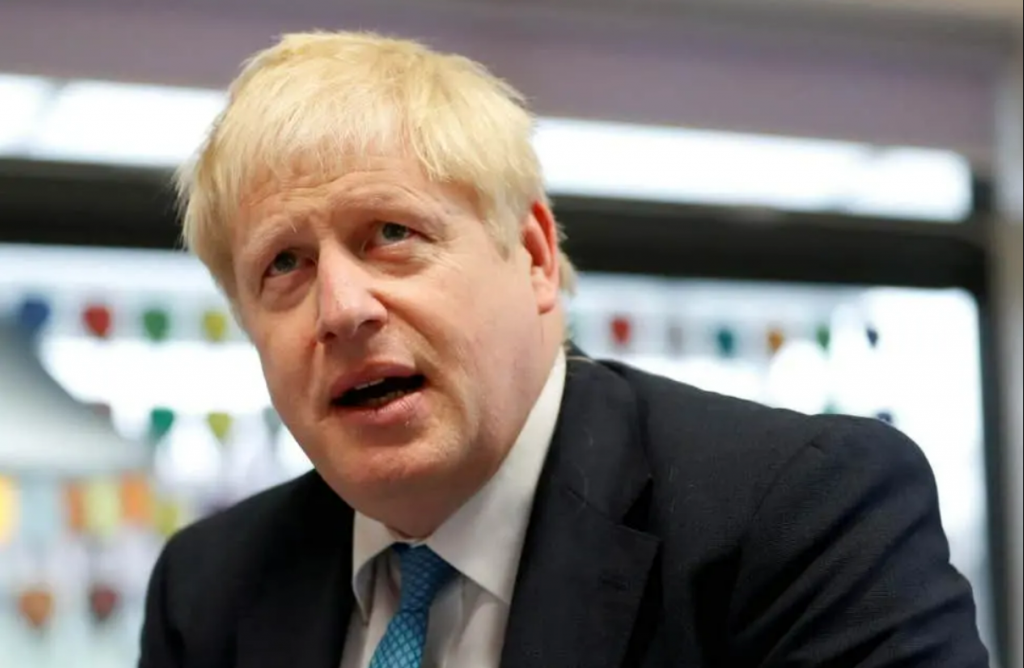China poses a growing threat to global security, Germany said in its first national security strategy on Wednesday, underscoring Berlin’s shift in emphasis from economic interests to geopolitics following Russia’s invasion of Ukraine.
Using blunt language about its top trading partner, the strategy document describes Beijing as aggressively claiming supremacy in Asia and seeking to use its economic might to achieve political goals.Advertisement · Scroll to continue
The document highlights the main threats Germany perceives it faces, from climate change to supply chain disruptions, and includes a few policy specifics, such as a commitment to raising defence spending and creating an agency to fight cyberattacks.
Analysts noted it does not prioritise which threats to fight or contain any major surprises. It also omits some major issues, such as Taiwan, and as expected, does not create a National Security Council that would help its implementation.
“This is a major change being carried out by us in Germany in how we deal with security policy,” moving from a military strategy towards an integrated security concept, Chancellor Olaf Scholz said at the presentation of the document, while adding a more detailed China strategy should be ready soon.Advertisement · Scroll to continue
“In future, we will focus more on security when it comes to decisions on economic policy,” Foreign Minister Annalena Baerbock said. “We paid for every cubic metre of Russian gas twofold and threefold with our national security.”
Germany’s reliance on Russia for around half its gas imports prevented it from immediately being able to stop energy trade with Moscow after it invaded Ukraine in February 2022. Russia is the top threat to European peace “for now”, the National Security Strategy (NSS) said.
The document highlights the need for Germany to reduce all dependencies on other countries for commodities and incentivise companies to hold strategic reserves.
These measures are particularly relevant now to Germany, and Europe’s reliance on China for critical minerals key to the transition to a carbon neutral economy.Advertisement · Scroll to continue
“China is deliberately exerting its economic power to reach political goals,” reads the NSS, which comes just a week before German-China government consultations are due in Berlin.
However, China remains a partner the world needs to resolve global challenges and crises, it added.
‘UNTHINKABLE’
At nearly 300 billion euros ($325 billion) in imports and exports, China is Germany’s most important trading partner and a core market for top German companies including Volkswagen (VOWG_p.DE), BASF (BASFn.DE) and BMW (BMWG.DE).
Many German CEOs have warned of the risks of cutting or reducing links with the world’s second-biggest economy.
Mercedes-Benz (MBGn.DE) CEO Ola Kaellenius said in April decoupling from China was “unthinkable for almost all of German industry”.
However, many German businesses accept that dependency on China for critical raw materials needs to be addressed.
Baerbock said government officials had held “intensive talks” with companies active in China.
“The good thing is that German companies are drawing similar conclusions to the German federal government,” she said.
Still, Noah Barkin, an analyst with Rhodium Group, said the strategy may be most interesting for what it does not contain.
“There is no mention of Taiwan – probably the biggest security challenge of the coming years,” he said.
China claims democratically governed Taiwan as its own territory and has never renounced the use of force to bring the island under its control. Taiwan strongly objects to China’s sovereignty claims and says only the island’s people can decide their future.
Norbert Roettgen of the opposition conservatives said the strategy also lacked clarity on the creation of a new security order for Europe, such as how Moldova and Georgia could be shielded from Russia, and whether Ukraine should join NATO.
DEFENCE SPENDING PLEDGE
Days after Russia’s invasion, Scholz heralded a shift to a new era or “Zeitenwende” in which he said Germany would invest more than 2% of economic output on defence, after years of resisting pleas from NATO allies to do so.
The NSS contains a slightly weaker pledge for Germany to spend 2% of economic output “as an average over a multi-year period” on defence, initially in part by using a special 100-billion euro fund created last year.
Germany aims to reach the 2% defence spending target from next year, Finance Minister Christian Lindner said.

